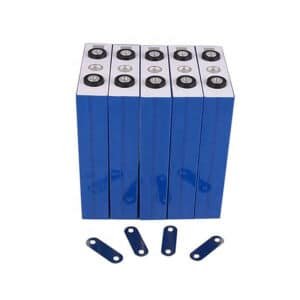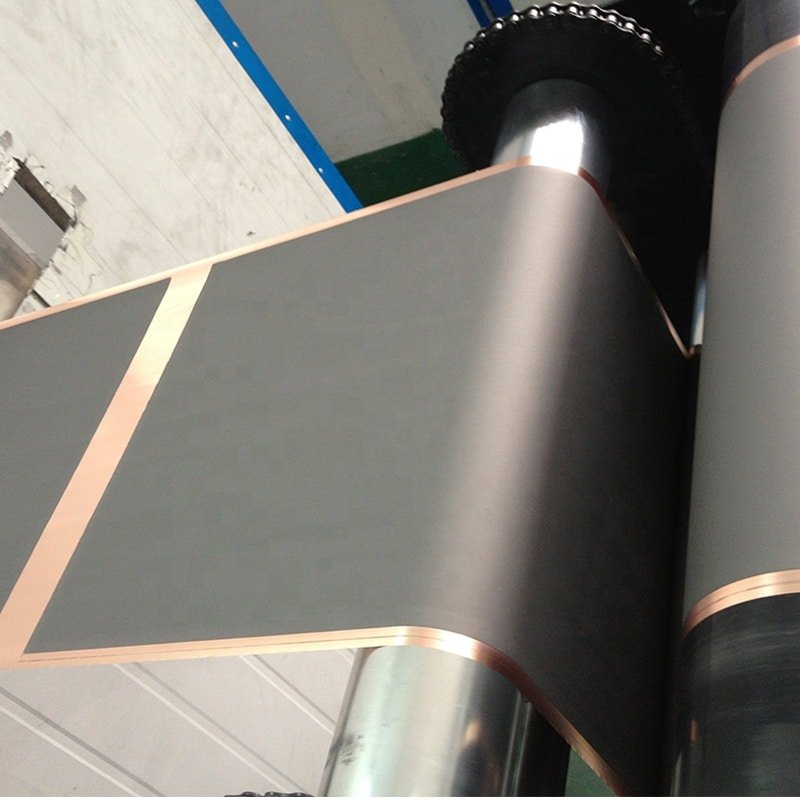lithium-ion battery prices have become unmanageable in the new energy vehicle industry chain. Ningde Times reported recently that industrialization of sodium ion batteries is going smoothly, with plans to mass produce them next year – sparking heated discussions about them again and many asking whether sodium can replace lithium as the best power battery solution?
Answering that question with no is not possible as sodium ion batteries have some clear disadvantages and lithium-ion batteries remain the standard choice when it comes to developing power batteries today. With current technological capabilities, sodium ion batteries may only serve as supplements to lithium-ion batteries.
Sodium ion batteries offer only 160Wh/kg energy density in their cell bodies, placing them closer to lithium iron phosphate batteries than any other option. But lithium iron phosphate batteries offer far longer cycling lives at between 3000 to 6000 cycles while sodium ion batteries still have only managed 1000 cycles at best. Furthermore, sodium ion batteries also possess natural disadvantages like low efficiency and rapid discharge that don’t meet consumer demands for high-quality new energy vehicles.
However, sodium ion batteries offer one major cost advantage over their lithium counterparts: price. With more readily available resources and lower cost implications compared to lithium, sodium batteries offer significant cost reduction benefits and could be considered comprehensive cost advantages over time.
First of all, in terms of raw materials, sodium has already overtaken lithium significantly. According to statistics, lithium carbonate prices have reached new highs at 541000 yuan/ton while metallic sodium costs only 20000 yuan/ton. Furthermore, lithium resources are both scarce and concentrated in South America while sodium mines offer much wider distribution with consequently cheaper prices.
Manufacturing sodium ion batteries is cost-effective; according to calculations, their final costs may be 30-40% lower than lithium-ion ones. Furthermore, current cost composition analysis shows power batteries comprise approximately one third of a pure electric vehicle’s overall costs – this could result in approximately 15% cost reduction across the industry chain – with huge implications.
Statistics reveal that there are currently 60 lithium-ion battery industry chain enterprises operating in the field of sodium ion batteries, contributing to their industrialization. Market expectations dictate that when moving towards mass production and application, sodium ion batteries will face many difficulties, including difficulty changing user habits or low market acceptance that need time to address.
Summary: As sodium battery technology and industrialization evolve over time, its gradual improvement may alleviate energy storage shortcomings but cannot completely replace lithium batteries in the market. For the foreseeable future, however, both technologies will co-develop alongside each other, creating an ongoing battle of “sodium ion batteries”.





